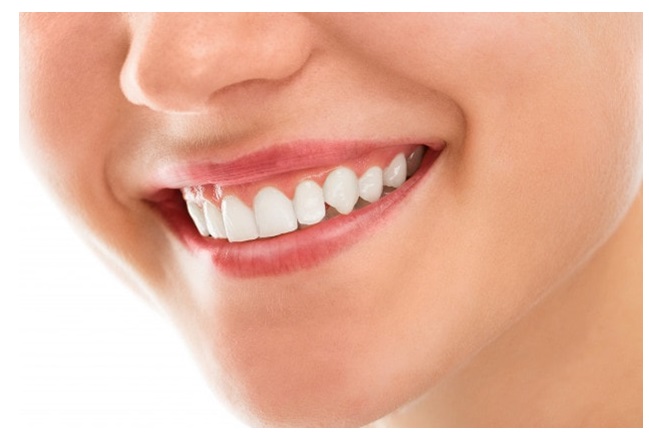Dental veneers may be a solution for you if you have dental imperfections that make you hesitant to smile. These cosmetic treatments involve thin shells made of porcelain or composite placed on your teeth' front surface.
As a dentist applying veneers in Vancouver states, dental veneers also effectively address dental discoloration for those who don't achieve results with teeth whitening treatments.
They can address a range of dental imperfections, including chipped, cracked, fractured, and discolored teeth.
Schedule an appointment with your general dentist to determine if dental veneers are right for you.
Different materials can be used to create dental veneers, so it's important to consider the pros and cons of each type to make an informed decision.
Crucial Tips about the Best Types of Veneers
There are different cosmetic dental procedures, including composite and porcelain veneers, each with advantages and disadvantages.
Porcelain veneers are more resistant to discoloration and stains than composite veneers and have a light reflection property similar to natural teeth.
Porcelain veneers are made after the molding process and sent to a laboratory, while composite veneers can be made in the dentist's office, which is quicker.
Another difference is that composite veneers require minimal tooth cutting and only slight surface abrasion, while porcelain veneers require significant tooth cutting.
A composite veneer with a pale edge or fractures under pressure can be easily repaired like natural teeth.
The shape and form of composite veneers are natural, making them difficult to distinguish from natural teeth. Porcelain veneers are more transparent than composite veneers.
The Longevity of Dental Veneers' Types
When considering dental veneers to enhance your smile, it's important to ask about the available types and their benefits.
Here is some key information about commonly requested types of dental veneers:
Porcelain Dental Veneers
Professional cosmetic dentists often recommend porcelain veneers because they provide a more realistic result than other options due to their thin shell. They are also highly durable and can last 10 years or more with proper care. Some studies have shown that porcelain dental veneers can last over 20 years.
Composite Dental Veneers
Composite resin is another popular material for dental veneers. This option is less expensive than porcelain veneers but less long-lasting. Several factors can negatively impact the durability of dental veneers, including:
· During installation, a precise amount of enamel must be removed from your teeth. Removing too much enamel can make your veneers more susceptible to breaking.
· The type of material used to create your veneers can also impact their lifespan. More expensive options, like porcelain dental veneers, tend to last longer than cheaper alternatives.
It's crucial to quit bad habits like teeth grinding to preserve dental veneers and prevent chipping and cracking.
Vital Consideration Before Getting Veneers
When considering dental veneers, there are several factors to keep in mind:
Cost: Before getting veneers, it's important to consider the cost and payment options offered by your dental specialist.
Dental Status: Veneers are a suitable treatment for those with deep tooth stains and misaligned or crooked teeth, but not for those with severe tooth decay or who grind their teeth. Patients with tooth sensitivity or thin enamel should also avoid veneers as a thin layer of enamel is shaved off during the procedure. Veneers are also not removable.


